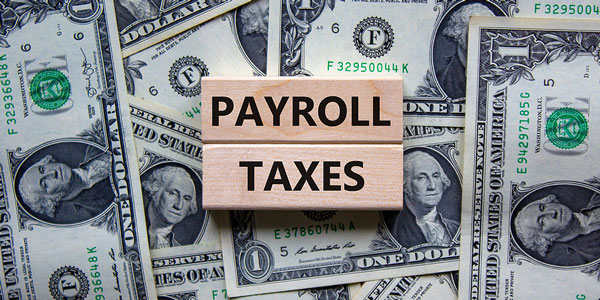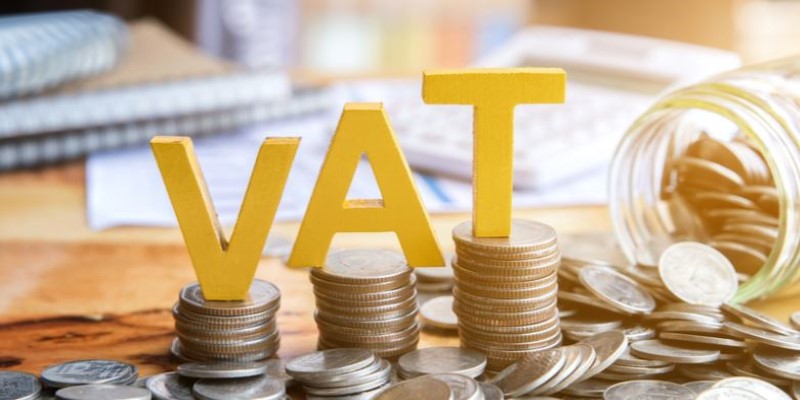
In an era of financial uncertainty, protecting your hard-earned money from potential bank crises becomes a topic of increasing relevance. Bank failures, while rare, can have significant consequences, potentially leaving you without access to your funds. Understanding the steps you can take to shield your financial resources from such crises is not just prudent, but necessary. This guide aims to provide you with actionable strategies to safeguard your money, offering you peace of mind in a turbulent economic landscape.
Diversify Your Assets
Spread Across Multiple Banks
- One of the most fundamental steps in protecting your hard-earned money is to diversify your assets across multiple banks.
- By not putting all your funds in one institution, you can effectively mitigate the risk of losing everything in the event that a single bank faces a crisis.
- To ensure financial stability and peace of mind, it is advisable to thoroughly research and carefully choose banks with solid financial standings.
- Consider factors such as reputation, stability, and customer satisfaction when making your selection.
You create a safety net that provides added security and resilience to your financial portfolio. In the face of unpredictable economic circumstances, this diversification strategy can significantly reduce potential risks and safeguard your wealth for the long term.
Explore Alternative Investments
Beyond traditional banking, it's worth considering diversifying your investment portfolio with alternative assets. In addition to stocks and bonds, exploring options such as
- Real Estate
- Precious Metals
- Mutual Funds
It can provide a valuable hedge against financial instability. These alternative investments often operate independently of the banking system, offering an additional layer of security during turbulent economic times. Your investment horizons and incorporating a mix of assets, you can potentially enhance your overall financial resilience and optimize long-term wealth accumulation.
Monitor the Health of Your Bank

Stay Informed About Economic Indicators
It is crucial to keep a vigilant watch on various economic indicators that can serve as potential warning signs of banking troubles. These indicators encompass a range of factors including inflation rates, interest rates, and unemployment levels, all of which can significantly impact the stability and soundness of financial institutions. Regularly monitoring financial news and reports, individuals can stay well-informed about the overall economic health, enabling them to make well-informed decisions and navigate the financial landscape with greater confidence.
Assess Your Bank's Financial Statements
It is important to regularly review your bank's financial statements to assess its stability and ensure the security of your money. Pay close attention to key indicators such as;
- Capital Adequacy Ratios: Which measure a bank's ability to absorb potential losses.
- Loan Quality: Which reflects the level of risk associated with the bank's loan portfolio.
- Liquidity Levels: Which determine the bank's ability to meet its financial obligations.
These metrics, you can gain valuable insights into the financial health of the institution. This information will empower you to make informed decisions about your money, whether it's choosing the right bank for your needs or evaluating the safety of your current financial institution. Taking the time to understand and monitor these indicators will help you protect your financial well-being and make sound financial choices.
Safeguard Your Deposits
Understand Deposit Insurance Limits
Most countries offer deposit insurance to protect a certain amount of your deposits in case of a bank failure. It is important to understand the insurance limits in your country and take necessary precautions to safeguard your savings. One effective strategy is to distribute your funds across multiple institutions, thereby maximizing coverage. By doing so, even if one bank fails, a significant portion of your savings remains protected, providing you with peace of mind and financial security.
Consider Government Bonds
Investing in government bonds can be a secure way to protect your money. Government-backed securities are considered low-risk and provide a reliable source of income. These bonds are issued by the government to finance public projects and initiatives, such as infrastructure development and social welfare programs.
You not only support the government's efforts but also benefit from the stability they offer. While the returns may be lower compared to riskier investments, the safety they provide can be invaluable during times of economic uncertainty, giving you peace of mind and confidence in your financial future.
Build an Emergency Fund

Establish a Liquid Emergency Fund
Having a readily available emergency fund is crucial in times of financial crisis. It provides a sense of security and peace of mind, knowing that you have a financial safety net to fall back on. Aim to set aside three to six months' worth of living expenses in a liquid and easily accessible account, such as a high-yield savings or money market account.
This fund can serve as a financial cushion, allowing you to navigate unexpected expenses, such as medical emergencies or sudden job loss, without compromising your long-term savings and financial goals. By having this safety net in place, you can confidently face any financial challenge that comes your way, knowing that you have taken proactive steps to protect your financial well-being.
Prioritize Essential Expenses
In times of economic turmoil, reassess your budget and prioritize essential expenses. Cut down on non-essential spending to conserve your resources and ensure that you can maintain your emergency fund. This disciplined approach will help you weather financial storms with greater resilience.
Stay Proactive and Seek Professional Advice
Regularly Review Your Financial Plan
Financial situations evolve, and it's essential to adapt your financial plan accordingly. Regularly review and update your investment strategy, taking into account changes in your personal circumstances and the economic environment. Being proactive in managing your finances can help you stay ahead of potential risks.
Consult with Financial Advisors
Engage with experienced financial advisors to gain valuable expert insights into safeguarding your hard-earned money. These professionals can provide personalized advice tailored specifically to your unique financial goals, risk tolerance, and individual circumstances. With their extensive expertise and in-depth knowledge, they can help you navigate even the most complex financial landscapes, ensuring that you make well-informed decisions to protect, preserve, and grow your wealth for both the present and the future.
Conclusion
Protecting your money from a bank crisis requires a proactive and diversified approach. By spreading your assets, staying informed about economic indicators, safeguarding your deposits, building an emergency fund, and seeking professional advice, you can fortify your financial position. Remember, preparation and vigilance are key to ensuring your financial security in an ever-changing economic landscape.











